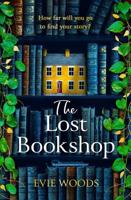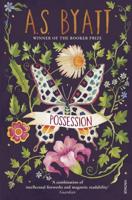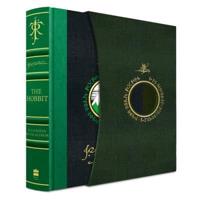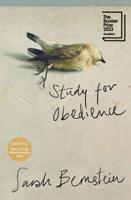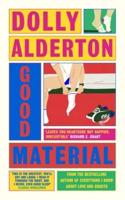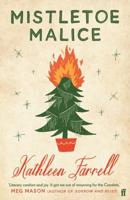Publisher's Synopsis
Ellen Anderson Gholson Glasgow (April 22, 1873 - November 21, 1945) was an American novelist who portrayed the changing world of the contemporary South. Born into an elite Virginia family in Richmond, Virginia, the young Glasgow developed in a different way from that traditional to women of her class.Due to poor health, she was educated at home in Richmond. She read deeply in philosophy, social and political theory, and European and British literature.She spent her summers at her family's Bumpass, Virginia, estate, the historic Jerdone Castle plantation, a setting that she used in her writings. Her father, Francis Thomas Glasgow, was the son of Arthur Glasgow and Catherine Anderson. He was raised in Rockbridge County, Virginia, and graduated from Washington College, now Washington and Lee University, in 1847. Glasgow's maternal uncle, Joseph Reid Anderson, graduated fourth in his class of 49 from West Point in 1836. On April 4, 1848, he purchased the Tredegar Ironworks in Richmond. When news of the secession reached Richmond, Anderson promptly joined the Army of Northern Virginia, achieving the rank of general. General Robert E. Lee asked him to return to Tredegar Ironworks to manage the manufacturing on which Lee's victory would depend. Francis Glasgow later managed the Tredegar Iron Works. Glasgow thought her father self-righteous and unfeeling.But, some of her more admirable characters reflect a Scots-Calvinist background like his and a similar "iron vein of Presbyterianism." Her mother was Anne Jane Gholson, born on December 9, 1831, at Needham, Virginia and died on October 27, 1893. She was the daughter of William Yates Gholson and Martha Anne Jane Taylor. She was the granddaughter of Congressman Thomas Gholson, Jr. and Anne Yates, and a descendant of Rev. William Yates, the College of William & Mary's fifth president (1761-1764).Gholson was also a descendant of William Randolph, a prominent colonist and land owner in the Commonwealth of Virginia. He and his wife, Mary Isham, were referred to as the "Adam and Eve" of Virginia. Anne Gholson married Francis T. Glasgow on July 14, 1853, and they had ten children together. Anne Gholson was inclined to what was then called "nervous invalidism"; some attributed this to her having borne and cared for ten children.Glasgow also dealt with "nervous invalidism" throughout her life.[citation needed] As the United States women's suffrage movement was developing in the early 1900s, Glasgow marched in the English suffrage parades in the spring of 1909. Later she spoke at the first suffrage meeting in Virginia.Glasgow felt that the movement came "at the wrong moment" for her, and her participation and interest waned.Glasgow did not at first make women's roles her major theme, and she was slow to place heroines rather than heroes at the centers of her stories.Her later works, however, have heroines who display many of the attributes of women involved in the political movement. Glasgow died on November 21, 1945, and is buried in Hollywood Cemetery, Richmond, Virginia.

